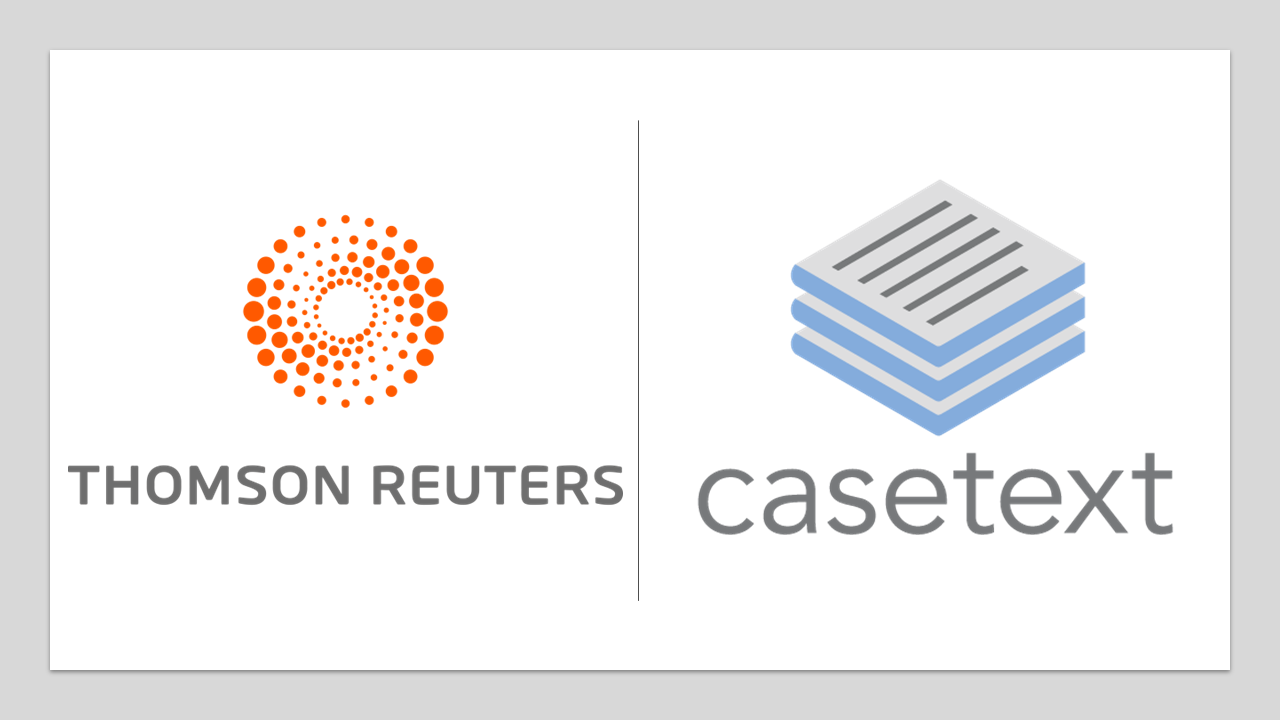Compared to Thomson Reuters, Casetext is a relatively small company with relatively minimal revenue, and one that effectively refocused its product strategy over the past year, launching its generative AI product CoCounsel just four months ago.
So why did TR shell out a record $650 million in cash to acquire Casetext? That was the question on the minds of several of TR’s institutional investors during a call this morning at which the company briefed them on the deal, announced late last night.
The answer, effectively, boils down to: It’s all about the AI.
The briefing was conducted by TR CEO Steve Hasker, Chief Financial Officer Michael Eastwood, and Chief Product Officer David Wong.
During the call, several investors explicitly asked the three executives why TR had decided to acquire Casetext rather than build its own generative AI.
Their answer was that Casetext’s early access to OpenAI’s GPT-4 model and its experience in working with legal data gave them a head start in developing the know-how and experience to engineer generative AI products, and that experience will help accelerate TR’s own generative AI strategy.
Casetext was one of only a few companies to which OpenAI provided access to the advanced GPT-4 model as early as the first half of 2022, they said.
“They’ve had a chance to be able to work with OpenAI to understand the model, tok be able to design use cases, and to become familiar with how best to prompt the model for effective application within their domain,” said CPO David Wong.
Wong also cited Casetext’s development of a set of eight prompts designed to enable GPT-4 to perform taks specific to the legal domain, such as review documents, summarize documents, and search a database. He said that several of Casetext’s prompts are unique and are ones TR had not even started to develop.
Investors also asked why Casetext as opposed to other generative AI companies in legal such as Harvey, which the law firm Allen & Overy deployed firmwide last February.
Again, the TR executives cited Casetext’s head start in working with GPT-4, its established access to and expertise in legal research data, and the uniqueness of its prompts.
“What’s unique about Casetext and how they have built CoCounsel is they’re one of a very few set of companies out there that also have access to data,” Wong said. “They had access to, again, the historical Casetext research data set, and so they had the benefit of both the early access to GPT-4 as well as experience in how to combine it with an authoritative data set, albeit again, a smaller, less sophisticated one than we have.
“I think that made them unique versus others in the market that are just using LLMs kind of by themselves. That meant that their team, their know how, their experience, could be much more easily translated into our own teams, where we’re, again, one of the small number of companies that have a really authoritative data set and the talent and know how to apply generative AI.”
Several investors asked about Casetext’s revenues and pricing, but the TR executives put off explicit answers about any of that for now, promising more details when they issue their earnings report later this year.
“While Casetext brings limited initial revenue, we expect it to grow rapidly and be accretive to revenue growth over the next few years,” Hasker said.
TR’s Generative AI Strategy
Outlining their broader strategy around the deal, the TR executives said that they believe the CoCounsel product will accelerate their ability to bring generative AI’s capabilities to their product portfolios and markets.
“Marrying CoCounsel’s technology with TR’s authoritative content and insights to bring significant productivity benefits for the legal industry,” they said.
The all-cash purchase price of $650 million was funded by proceeds from TR’s recent sales of its stake in the London Stock Exchange. They expect the transaction to close in the second half of this year.
They outlined four key strategic benefits to the deal:
- Accelerate the development of generative AI solutions for the legal market.
- Expand generative AI capabilities beyond legal research.
- Accelerate TR’s vision of blending legal content with legal workflows.
- Enable TR to apply generative AI capabilities outside of legal — specifically for the tax and accounting and risk, fraud and compliance markets.
They described the acquisition as part of a three-pronged “build-partner-buy” generative AI strategy to build solutions of their own, partner with trusted companies such as Microsoft, and buy leading AI powered solutions.
“We believe CoCounsel is the most advanced legal AI assistant on the market today and see the combination of its leading technology with Thompson Reuters’ authoritative and trusted content and insights providing significant value for the legal industry,” said Wong. “The combination of Casetext with Thompson Reuters offers a compelling strategic fit that will provide meaningful benefits for our customers and strong long-term value creation for our shareholders.”
 Robert Ambrogi Blog
Robert Ambrogi Blog